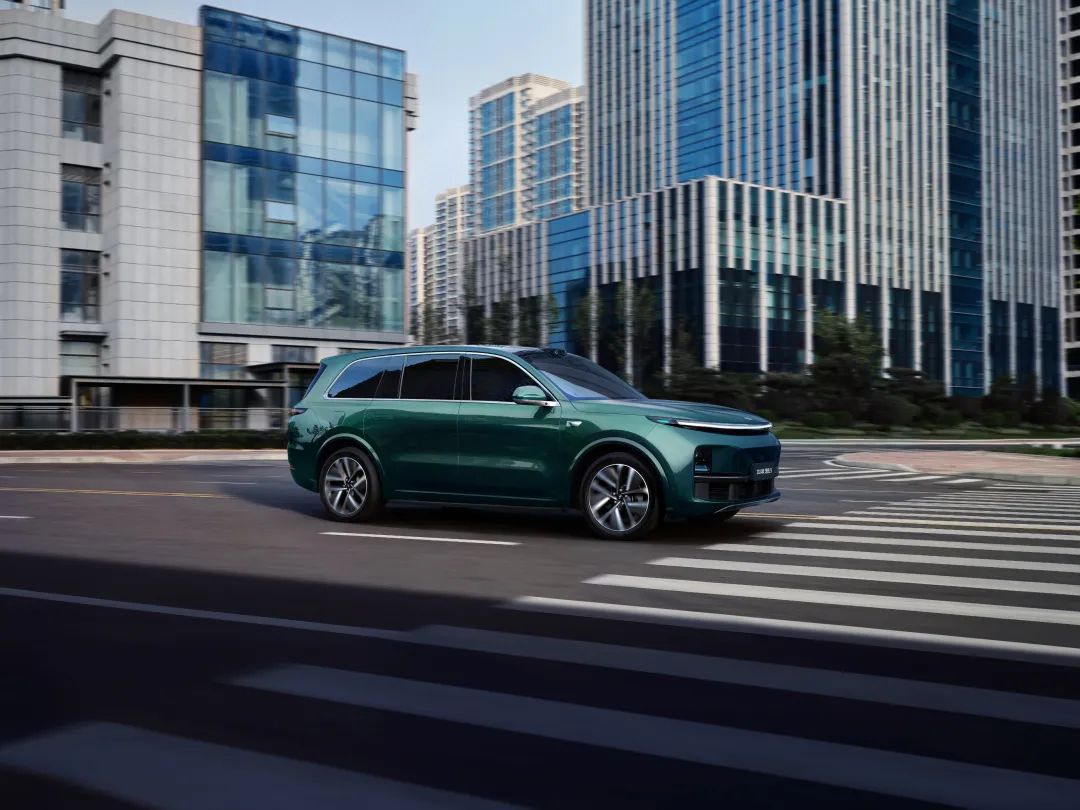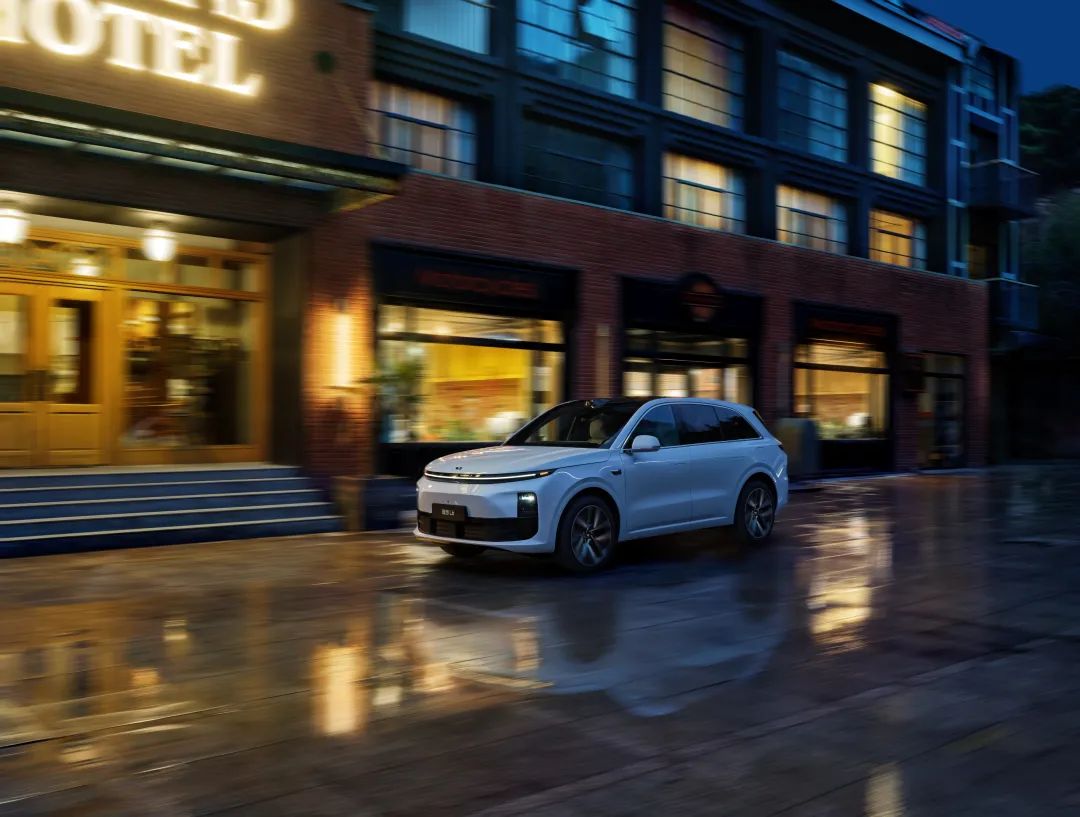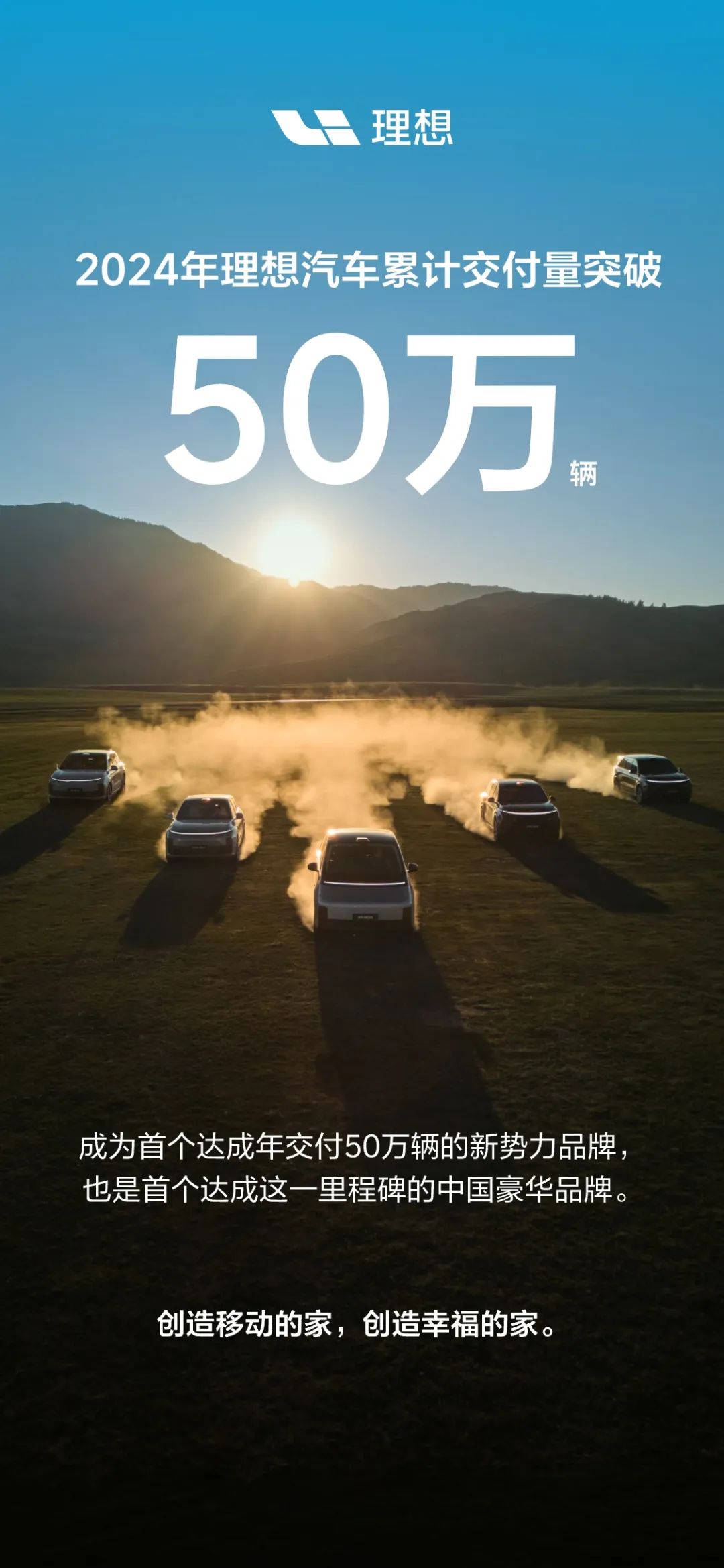Li Auto has seen remarkable success with sales exceeding 500,000 units within a year. This feat comes despite criticism aimed at its range-extending technology, which many analysts deem outdated.
The automotive market is witnessing an astonishing transformation driven by a surge in electric vehicle (EV) demand. However, within this evolving landscape, Li Auto has strategically positioned itself to capture significant market share. As other manufacturers race to innovate purely electric battery solutions, Li Auto has leaned into its unique range-extending technology.

Understanding the Market Landscape
The automotive industry is currently amid a dynamic transition towards electric vehicles, largely bolstered by environmental concerns and government initiatives aimed at reducing carbon emissions. However, the market is still responding to consumer concerns over range anxiety, a common hesitation among potential EV buyers who fear being stranded with an uncharged vehicle.
Li Auto, with its dedicated focus on range extension, effectively addresses this concern. Their technology allows the vehicle’s gasoline engine to function as a generator to recharge the battery, ensuring that drivers can travel long distances without experiencing range issues. This function has resonated well with consumers, particularly in regions where charging infrastructure is still in its infancy.
Innovation through Stability
While some critics argue that Li Auto’s range-extending technology is inferior compared to the advancements made by competitors who push for fully electric vehicles, the ability of Li Auto to maintain strong sales suggests that its customers prioritize reliability and practicality over technological advancements. The electric vehicle market is not just about novel technology; it’s about delivering real-world solutions that meet consumer needs.
Additionally, Li Auto has focused on appealing to a demographic that appreciates both electric technology’s benefits and the comfort of traditional automotive features. The blend of both worlds seems to have provided Li Auto with a competitive edge, permitting it to expand its customer base more effectively than others who may focus solely on more avant-garde technologies.

Strategic Marketing and Consumer Understanding
Li Auto has executed a strategic marketing campaign that effectively communicates the benefits of its range-extending technology. This educational approach has been pivotal in altering public perception. By ensuring potential customers fully understand the advantages of this technology, Li Auto strengthens its position in the marketplace. Their marketing strategy has successfully transformed skepticism into acceptance, making consumers recognize that their approach satisfies a critical need.
Moreover, Li Auto’s sales strategies have included competitive pricing and financing options, making their vehicles more accessible to the broad consumer audience. The product line-up has been tailored to provide a range of features and specifications that cater to varying consumer preferences, engendering greater brand loyalty.

Growth Amid Challenges
Despite facing challenges, including supply chain disruptions and rising raw material costs, Li Auto has showcased resilience. Effective supply chain management practices and strategic partnerships have enabled the company to mitigate some risks and maintain production levels. Furthermore, forecasting demands and adjusting operations accordingly have been instrumental in helping Li Auto navigate these obstacles.
The company has also fortified its research and development teams, focusing on continuous improvements in both vehicle technology and production efficiency. This proactive approach ensures that they can innovate beyond their range-extending technology, potentially developing full EV options in the future.

Conclusion: A Sustainable Future?
In conclusion, Li Auto’s success can be attributed to a sensible combination of market understanding, strategic marketing, and innovative yet reliable technology. Their approach demonstrates that there is room for various solutions within the EV market, and being perceived as “outdated†does not automatically equate to failure. As Li Auto continues to develop and adapt, it exemplifies how companies can thrive in an evolving industry landscape while meeting consumer needs effectively.
As long as Li Auto focuses on addressing the concerns of its customers and maintaining high levels of service and product quality, the brand is likely to continue its upward sales trajectory, potentially expanding its presence in the global automotive market.






